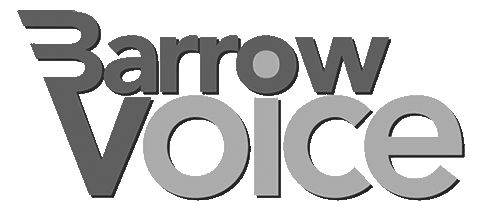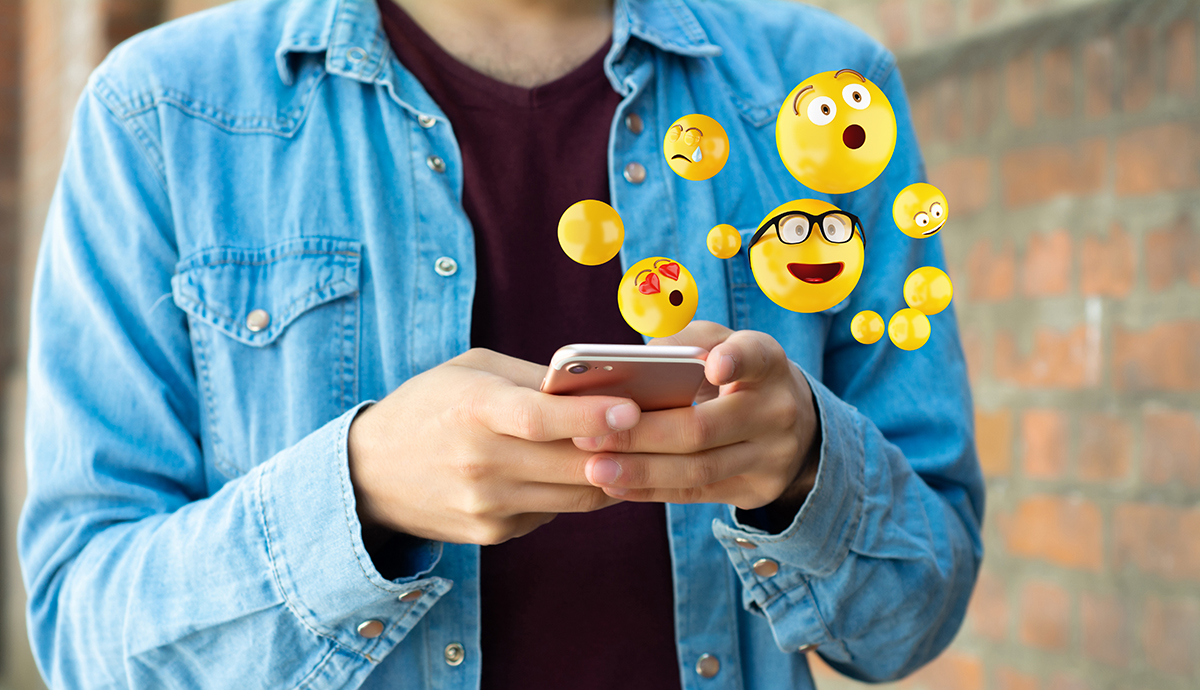


Today, smartphones are everywhere, and with smartphones come emojis. Originating in Japanese mobile phones in the 1990s, emojis are now commonplace in text conversations having evolved to portray emotion that is lost when the conversation goes from in-person to online. However, there is a difference in how emojis are interpreted between different generations; with their meanings having evolved and changed over time. Just like colloquial language, emojis have changed and mean different things generation to generation, or even person to person. One person’s genuine laugh may be another person’s sarcasm, for example.

A prime example of this is the ‘loudly’ crying face. On the one hand, one may see this as an emoji that conveys extreme sadness or grief. However, more recently the younger generation has been seen to use the face to convey intense laughter or extreme joy.
“I didn’t get the job… Devastated ” “OMG today was so funny ” Another common mistake that older people make is sending a ‘smiley face’ to show approval.
“That was really good, well done ”For younger people this could be interpreted as a more nuanced, ironic comment meaning the opposite – think about the tone of voice you would use if you were saying “well done” when you meant “that was really bad”.
“You broke my favourite vase – well done ”The ‘OK hand’ sign is simply seen as a mark of approval or acknowledgement by some people, or just something to say if there is nothing else. However, the ‘OK hand’ emoji has a variety of other meanings. For example, in American Sign Language the symbol means the number nine, yet in some parts of Europe, South America and the Middle East this same sign is seen as offensive in certain contexts.
“Nice, see you tonight then ” The ‘skull’ emoji is commonly used to denote death, figuratively or literally. It is more commonly used by the younger generation to show extreme laughter (i.e. dying of laughter) or extreme dislike. However, older people tend to use it more literally relating to death (often used in conjunction with other emojis, like the folded hands or dove emoji.
“Oh, it was SO funny ”
“I can’t believe that they have died. It’s terrible ”
‘Cold face’ depicts icicles clinging to a blue face, with gritted teeth, shivering. It is commonly used when speaking about being cold or freezing in a literal sense but younger people often use it when describing someone who is unfriendly or (the opposite) someone cool or chill, as the emoji would suggest.
“Hey, I can’t believe that it was so cold today! ”
“That teacher always gives me a detention, she is so strict… ”‘Hot face’ is the opposite of the former in literal meaning, as it shows an orange face, tongue stuck out and sweat dripping, suggesting that a person is hot or overheating. On the other hand, younger people often use this emoji when discussing physical attractiveness. “Today was absolutely boiling! It was 30 degrees ”
“There’s a new boy/girl at school today ”The ‘folded hands’ emoji has a disputed meaning. On the one hand, it can be seen to mean please or thank you, as that is what the hand gesture means in Japanese culture (the country from which emojis originated). Others see the emoji to mean prayer or also clapping, depending on the circumstances.
“Can you pick me up some milk from the shops? ”
“RIP, they were an absolute national treasure
”Overall, emojis can have several meanings, depending on how different people interpret them. Confused? Perhaps consider how someone else may view the emoji that you are sending and think twice
Xander Dolby-Campbell